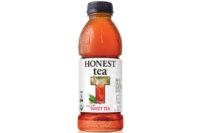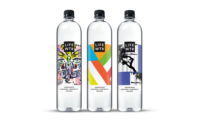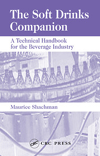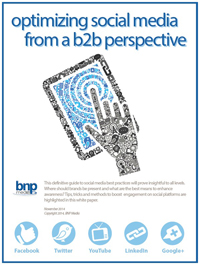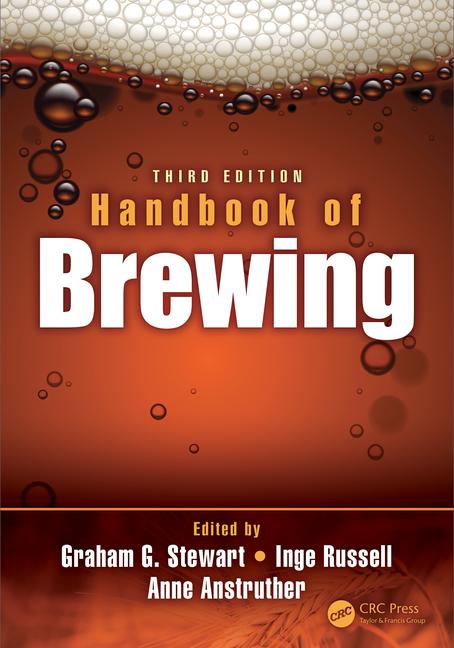Not Such a Sweet Deal
Sarah Theodore
Editor
The beverage industry, which has widely used high fructose corn syrup as a sweetener since the early 1980s, might be considering other options these days — and not for the reasons you might expect.
For several years, the nutrition community has engaged
in a debate over sugar vs. high fructose corn syrup. On one side, some
nutritionists blame the switch to high fructose corn syrup in soft drinks,
as well as other beverages and foods, for the obesity epidemic. They argue
that the body processes HFCS differently than other sweeteners, affecting
metabolism. Proponents of the ingredient say its blend of fructose and
glucose replicates that of table sugar, and that the body deals with them
both the same way.
But the nutrition debate pales in comparison to
today’s environmental debate, and like so many conflicts, the sugar
vs. high fructose corn syrup battle might be decided by market pressures
rather than nutrition arguments. Rising corn prices resulting from demand
for ethanol fuel are putting the squeeze on companies that rely on high
fructose corn syrup to sweeten their products. Corn prices rose to a
10-year high in February based on demand for ethanol production.
“The price increases that we’re seeing for
corn and high fructose corn syrup are unlike we’ve seen in many a
year. We’re clearly feeling the pinch and it’s been tough,” said a Coca-Cola foodservice executive at
the Reuters Food Summit in Chicago, according to the news agency.
John Brock, chief executive officer at Coca-Cola
Enterprises, was quoted in a recent International
Herald Tribune report on the issue,
saying, “We, as an industry, are facing unprecedented issues on
cost.”
The pricing situation for both corn sweeteners and
sugar is complicated, and has brought about its own ugly debate over the
mix of supply, demand, government subsidies and import quotas that govern
the corn and sugar markets.
Beverages are not the only products affected by the
rising costs — food prices overall are expected to increase, leading
some to predict that the food vs. fuel battle will only grow as we try to
balance the need for alternative fuel options with affordable food.
The beverage industry will, of course, need to figure
out how to deal with the cost increases in the short term. From an even
broader perspective, it also will be interesting to see which sweetener
companies choose if prices eventually reach equal levels.
Sneak Peek
JUNE
Cover Story — Nestlé USA
Special Report — Top 100 Beverage
Companies
Category Focus — Sports drinks
Global Report — Mexico and Central America
Packaging — Secondary packaging
Beverage R&D — Formulator’s Roundtable
JULY
Cover Story — New Belgium Brewing
Special Report — State of the Industry
Beverage R&D — Certified products
Packaging — Inspection equipment
Bonus — Beverage Product Guide



